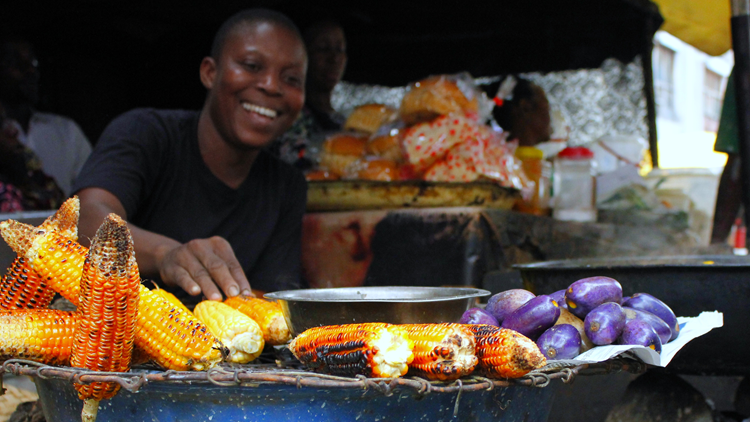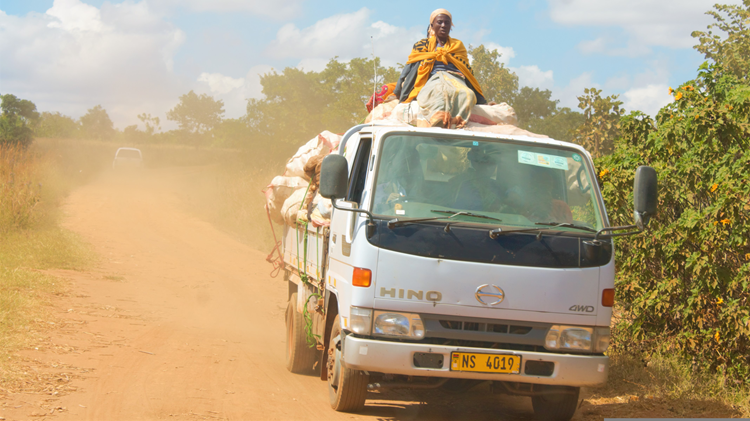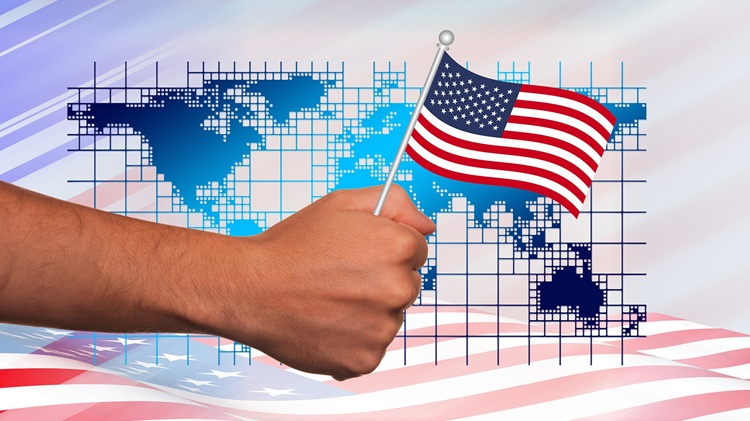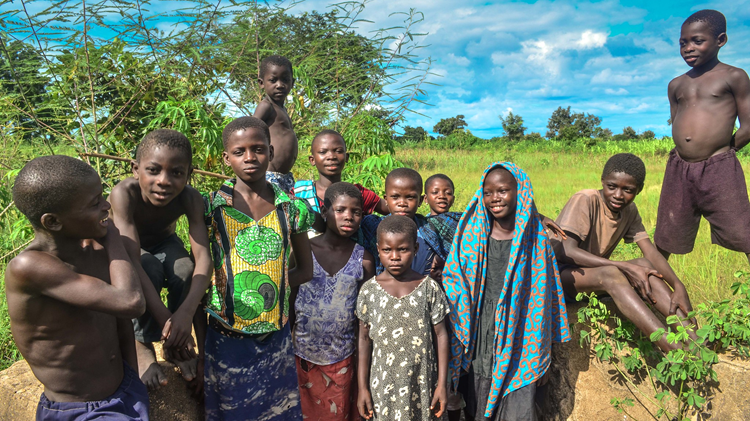Gender equality matters for Africa's development
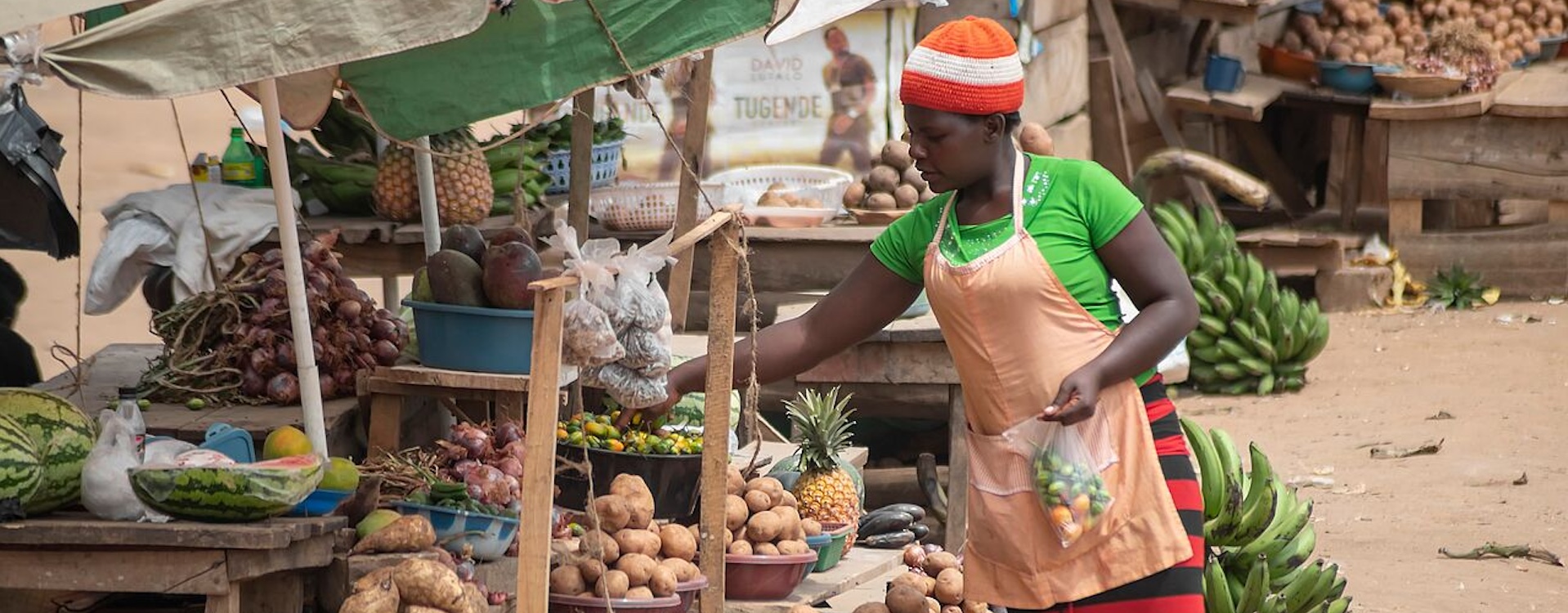
Addressing the gender gap in Africa promotes growth and reduces poverty
Attention to gender equality has never been more urgent. The rise in global fragility fueled by conflicts, the COVID-19 pandemic, repercussions from the war in Ukraine, and persistent issues like climate change have worsened existing gender disparities.
Women are disproportionately represented in the informal economy, which was deeply affected by the COVID-19 Pandemic. Furthermore, African women often face greater vulnerability to climate change due to their social roles, economic circumstances and limited access to resources. They are more likely to rely on climate-sensitive sectors like agriculture, which makes their livelihoods susceptible to changing weather patterns, droughts, floods and other climate-related risks.
Despite the significant progress in policy and legislation, the continent is far from achieving gender equality. Gender inequalities in Africa are deeply rooted in long-standing social and cultural norms and traditions. As shown in the chart below, sub-Saharan Africa is the worst-performing region in the UNDP's Gender Inequality Index, a composite measure reflecting inequality in achievement between women and men in three areas: reproductive health, empowerment and the labour market.
Given the current rate of progress, it is estimated that it will take more than a century to achieve full gender equality in Africa. Gender disparities affect education, healthcare, employment, political representation, and access to resources.
African women are more likely to die from communicable diseases, such as HIV, tuberculosis, malaria, and nutritional deficiencies than men. Even though there has been an improvement in maternal healthcare continent-wide in the last two decades, sub-Saharan Africa accounts for around 70% of global maternal deaths. This is a direct consequence of gender bias in access to healthcare.
Women and girls in Africa also bear the greatest burden of unpaid care and domestic work. They face a higher risk of violence at home and in public spaces and are under-represented in the labour market and politics, governance and decision-making throughout the continent.
In 2019, women made up 56% of the average labour force in Africa, compared to 73% of men. However, this is an improvement from a gap of 23 percentage points in 1990. At the regional level, the highest gap is in North Africa, where the female labour force participation rate was about 22% in 2019 compared to 70% for men. North Africa has lower gender inequality in education, but this achievement does not necessarily translate into progress for women in the labour market.
After graduation, joblessness awaits women due to the deeply conservative culture of North African countries
As revealed by the World Bank 2021 Women, Business and the Law (WBL) report, women in the region face unfair laws that economically disempower them. Countries such as Egypt, Morocco and Tunisia prohibit women from working in certain industries.
In African parliamentary bodies, women hold an average of 24% of seats, while their presence in top executive roles is a meagre 7%. Despite local governments being perceived as entry points for women in politics, only 21% of African council positions are held by women.
Nevertheless, there are standout examples of progress. Rwanda, Namibia, South Africa and Senegal rank among the top 10 nations globally for female representation in their parliaments.
Even in education, where the continent has made the most significant progress in reducing gender inequality, girls in sub-Saharan Africa are still the most disadvantaged regarding access to schooling compared to other global regions. A multitude of factors, including widespread child marriage (though on a downward trend), teenage pregnancy, poverty and the social norm of valuing boys over girls, all constrain women’s access to education in sub-Saharan Africa.
Furthermore, the exacerbating effects of climate change further compound these inequities. African women, constrained by their societal roles, economic status, and restricted resource accessibility, find themselves disproportionately vulnerable to the impacts of climate change.
What could be the benefits of closing these gender inequalities in Africa?
New ISS African Futures and Innovation (AFI) research shows what Africa's development could gain from more gender inclusion. Using the progress made by other countries or regions at similar levels of development as a benchmark, the study models the impact of an ambitious but realistic reduction in gender inequalities (Gender scenario) on Africa's development prospects to 2043, the end of the third ten-year implementation plan of the African Union's Agenda 2063. Then, the report includes an illustrative gender equality scenario that models the impact of full gender equality by 2043, with the full knowledge that it is not practically achievable.
In the Gender scenario, the 2043 African economy is about US$259 billion larger than in the business-as-usual forecast. The services sector would show the greatest benefit from reduced gender inequalities in Africa, and would gain US$174 billion in added value compared to the current growth trajectory by 2043. Reduced gender barriers in the scenario accelerate women's movement from agriculture to other sectors, particularly the service sector. While most women are still employed in the agricultural sector, the share of women employed in the African service sector has been increasing partly due to shifting social norms.
There is no single silver bullet to eliminate gender inequality, but several policies can collectively reduce gender inequalities in Africa
In the Gender scenario, Africa's GDP per capita (PPP) would be US$355 more than the business-as-usual forecast by 2043. At the same time, the number of extremely poor people is 53 million fewer than projected in the business-as-usual scenario.
Even more impressively, the illustrative Gender Equality scenario shows an African economy that is US$1 trillion larger than the Current Path forecast. GDP per capita would be 12% higher, and Africa would have 80 million fewer persons in extreme poverty compared with the Current Path forecast in 2043. These findings imply that aggressively implementing policies to reduce gender inequalities and create a level playing field for all could significantly enhance African growth and development.
There is no single silver bullet to eliminate gender inequality, but several policies can collectively reduce gender inequalities in Africa and reap its associated economic gains.
Efforts to address gender inequalities in Africa must confront deep-rooted cultural and traditional values as the primary cause. Governments should prioritise implementing international and regional conventions to reduce gender disparities, especially in rural areas where discriminatory practices persist unchecked. Involving religious and traditional leaders in awareness campaigns and education is crucial.
Investing in free education up to the secondary level can significantly promote gender equality in education. Governments should also combat child marriage and teenage pregnancies, ensuring a minimum marriage age of 18 and improving access to contraceptives and sex education. Encouraging girls and women to pursue STEM programmes through scholarships and role models can narrow the gender gap in lucrative sectors.
Reproductive health services, legal reforms to address land ownership disparities, and gender-sensitive agricultural programmes are essential for economic empowerment. Removing legal barriers to women's employment, investing in infrastructure (including electricity, roads, water and sanitation) that reduce women's time spent on household production, and extending paternity leave can enhance women's participation in labour and mitigate wage inequality.
Adopting mandatory quotas for women candidates, gender-responsive electoral processes, and mentorship programmes can boost women's political participation. Education on domestic violence and support for victims are critical, alongside legal consequences for perpetrators.
By implementing these measures, gender inequalities in Africa can be significantly reduced, fostering development and prosperity.


